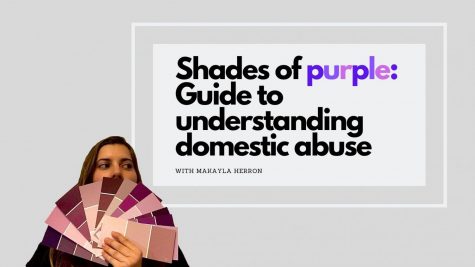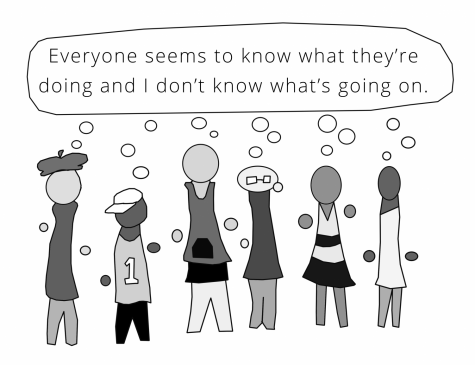Differing Melodies
Music may encourage or delay effective studying habits
Any student working to succeed in school understands that one of the most difficult parts of studying is not the studying itself, but starting the work. In a world full of constant distractions, sitting still and reading notes, for many people, is much less compelling than playing video games or texting friends. Some people may find that music helps them calm down and concentrate on the task at hand, while other people say that it’s safer to lock all electronics in a metal safe and throw away the key until the studying is done. Both of these opinions come from personal experiences, so it’s hard to judge which method will help and which will drive the student into a ditch of procrastination. In a world of vastly different personal preferences, juggling music and studying has no simple solution.
People who say music is a good companion to studying commonly believe that a silent environment is intimidating to the brain. Gentle, undistracting music without lyrics and a repetitive beat can provide a calm ambiance and encourage the thinking process to move fluidly. It’s the compromise to a loud environment, which distracts the student’s attention, and a completely silent one, which is a discouraging reminder of just how much the student hasn’t done.
Despite its benefits, many people find that music provides an easy loophole to escape study time. Having a phone or computer next to the textbook is a constant reminder of what the student could be doing instead, even if it’s being used to play music. Silence and the absence of any and all technology forces the mind to concentrate and, so to speak, face the music. For others, even the simplest melodies can be distracting when repetition stops being calming and starts being irritating.
Another alternative to music or no music is the strategy of playing music until the mind is ready to focus. A stressed student might need something quick to relax until their brain can settle down enough to dedicate its attention to one task. This comes with a risk, though. In promising to only listen to music for five minutes, it’s easy for that to turn into six, then ten, then thirty, and so on. Finding music on YouTube is twice as risky because the website will recommend other interesting videos and lead the student off course.
The two extremes, music or no music, and the compromise of limited music, all have their shortcomings and risks. However, there is no definite cheat code to this problem of how to focus. The trouble with study tips is that they are meant to trick the brain into being more productive, but every brain works differently. In the end, there are no definite answers. The only way to find methods that work is to experience them firsthand. Music can be a worthwhile study tool, but exactly how students use this tool- listen to music, restrict it, limit it, or use it in a completely different way- is up to the student themself.









